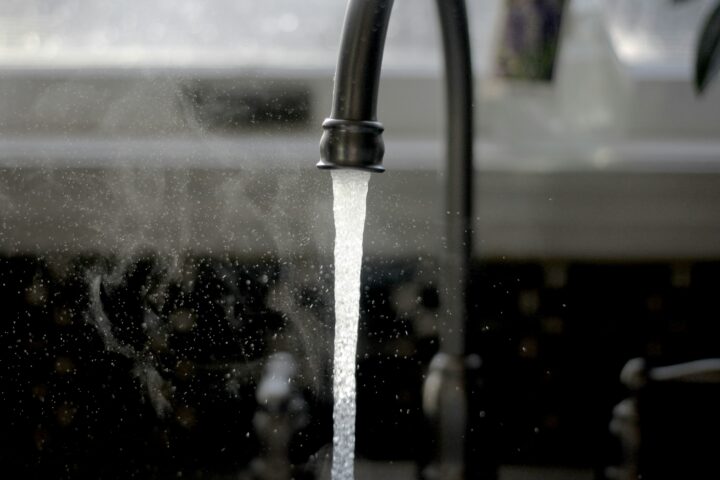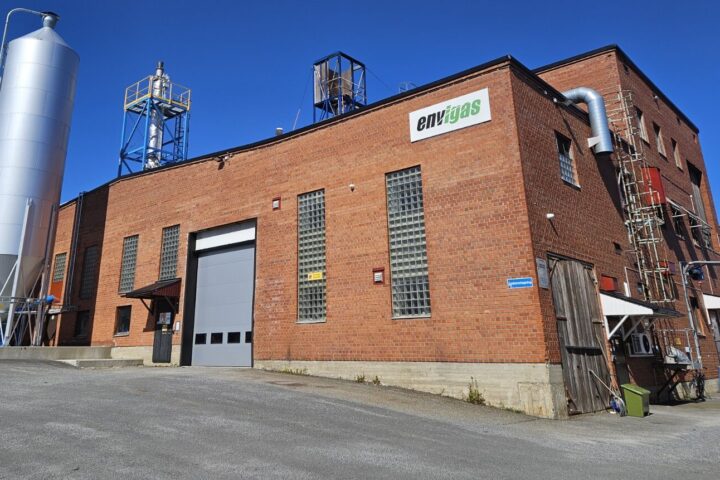Will solar cells be integrated in all kinds of products in the future? That is what Epishine, a company specialised in small, printed solar cells, believes. With their solution, Epishine is on a mission to change the way we use energy to reduce our dependency on fossil fuels.
Epishine was founded in 2016 after 25 years of research. The company produces solar cells that are able to harvest light energy in lowlight conditions and which technology can replace batteries in products such as fire alarms, sensors and other small electric products.
But the flexible solar cells can be integrated into much more due to its unique features – from building materials to windows and plastic products. The vision is that the solar cells will be integrated in all kinds of products.
No more toxic batteries
Today, there are hundreds of millions of sensors around the world in small, wireless devices. These are powered with batteries, which contains toxic materials and stands for around 80 % of the lifetime costs of the sensors. Epishine has created a way to use existing lighting to power these wireless devices, which leads to less toxic materials, clean energy and cost reductions.
Small amounts of light, as little as 10 lux, are enough to replace batteries and cables in IoT devices. The small amount of lighting also makes it possible to use solar cells in places where there is little light energy available.
Another big advantage of the small solar cells is the energy payback time. While the payback period for regular solar cells is counted in years, the energy payback time for Epishine’s solar cells is around 10 days.
Exciting future
To mitigate the risk of scaling new materials, Epishine started with entering the booming IoT market and powering small sensors. But Epishine does not stop there. The next step is to use the solar cells in areas where it is not possible to use conventional silicon solar cells, such as windows or the surface of building materials. Once these cells reach the market’s best price per kWh, Epishine aims to build printing machines the size of newspaper presses to manufacture roll-to-roll light cells.
The interest in the technology has been huge and in 2018, Epishine raised €1,1 million (11,3 Mkr) in venture capital from Almi invest, among others, and €2,9 million (30Mkr) at the end of 2019. They have also been given a €2.3 million grant from the EU commission to get their solar cells to the market.
Contact Epishine here.


